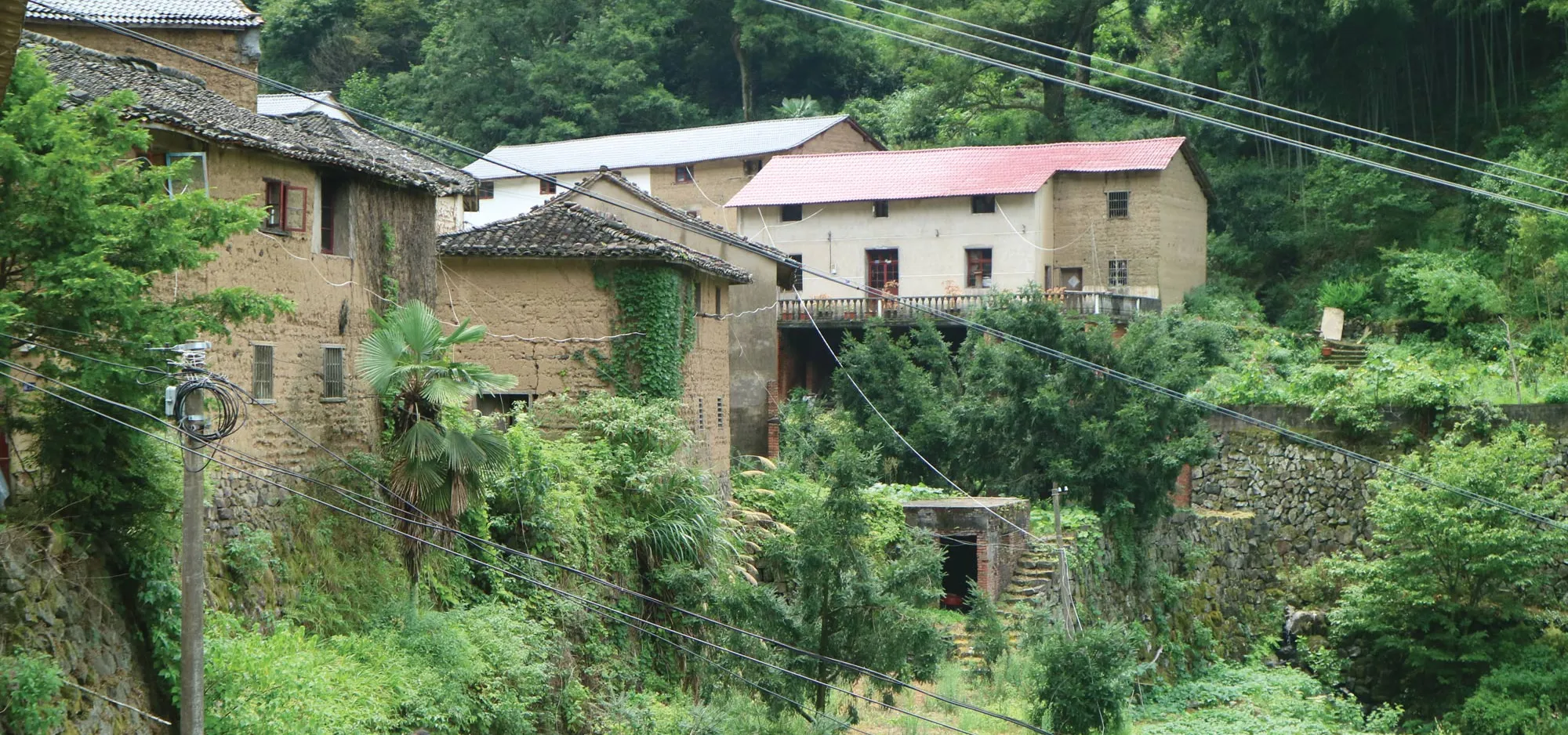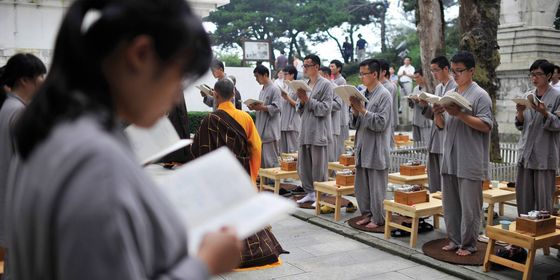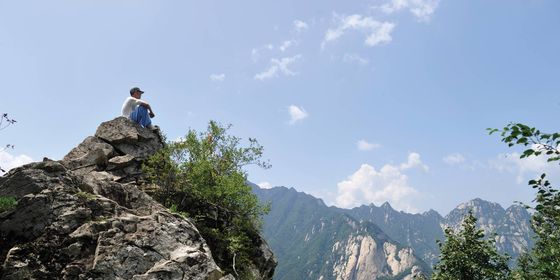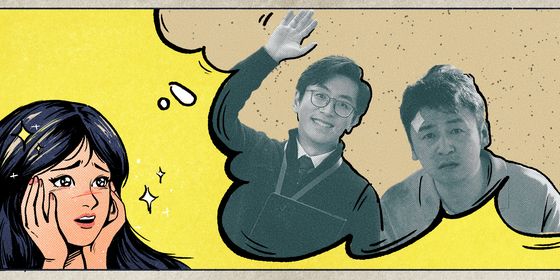As more rural communities seek to be capitalize on their tranquility, the humble hermitage gets commercialized
Wu Lixin needed watermelons. As the leading official for a handful of nutmeg-farming villages in mountainous central Zhejiang, Wu knew it was local courtesy to offer refreshments to any visitors that pass his way. But for the first time in recent memory, Wu had to get extra fruit shipped from another county: There were too many people to feed.
On July 15, more than 500 visitors, from cities as far as Beijing and Sanya, traipsed up the winding paths to Wu’s mountaintop hamlets—hundreds of meters above sea level, accessible only by steep, single-lane dirt roads—in response to a remarkable local campaign. Spearheaded by the tourism bureau of Sandu town, the “Become a Mountain-Dweller” pilot initiative offers an irresistible deal to urban residents fed up with China’s overheated property market and cacophonous cities: Eight vacant “dwellings” (including two abandoned schools and a tract of unused land) in Sandu’s backcountry, rent-free, to urban investors or entrepreneurs willing to find the best use of them.
In all, over 700 people came to view these alpine properties, though ultimately, only 14 applications were good enough to make the government’s shortlist. Many, it transpired, were simply there for the scenery, or try the local produce, and enjoy the novelty of “discovering” a destination off the beaten path. But to those who are now stakeholders in Sandu’s success, that’s a good enough start.
Wang Aijuan, one of the finalists, says her interest in mountain living was foreshadowed by a number of events after graduating from the China Academy of Fine Arts in Hangzhou five years ago. “I have been working on the creative side of ‘beautiful countryside’ projects,” she says, referring to the 2013 Communist Party campaign to preserve China’s historic villages and develop local industries, “but I have two classmates, my childhood friends, who moved back to the countryside to start a wedding business, and I’ve been envious—it’s a beautiful environment, and I feel like there is real beauty to what they do.”
The three friends together applied to lease a 100-year-old wooden home in Daku, one of several villages assigned to the Sandu project, as a studio—a sanctuary from stress, where they can hole up, relax, and create. What caught local officials’ eye in their application, however, were the crisp PowerPoint slides that outlined worldlier aspirations: The trio want to run the property as a part-time art school, boutique guesthouse, organic kitchen, and e-commerce workshop, where local farmers can learn how to market their produce online.
Down to the Countryside is a story from our issue, “Down to Earth.” To read the entire issue, become a subscriber and receive the full magazine.













